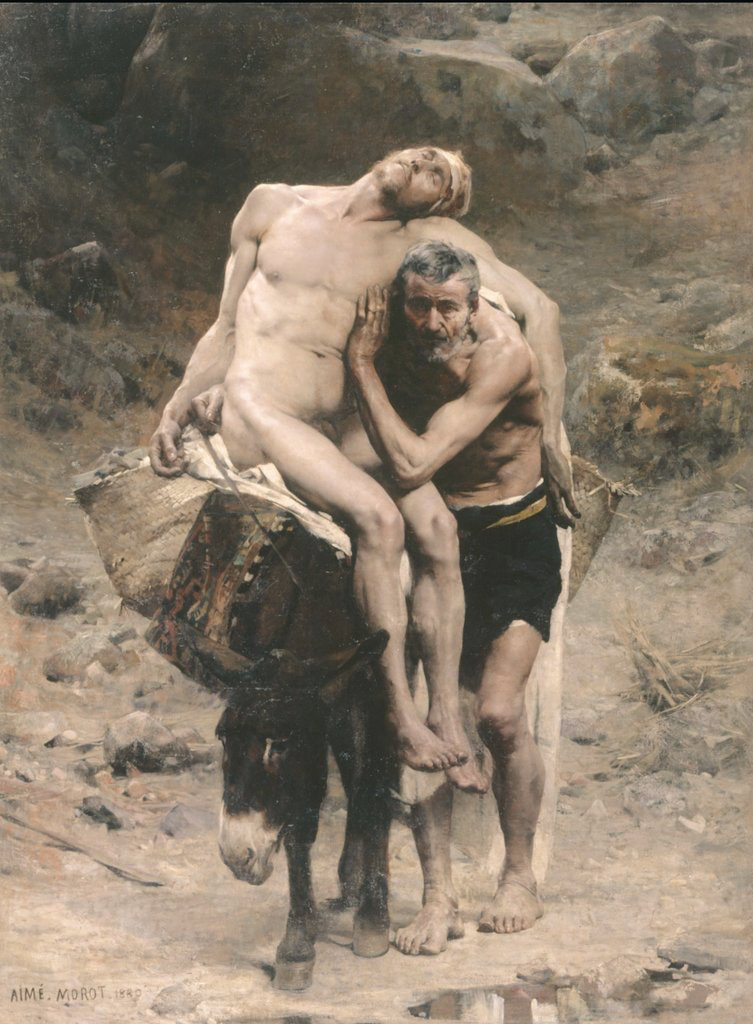7th and last part: Love

Antigone's desire is family, she does not want to leave her brother unburied; Creon, he wants to assert himself as king and show his power. Antigone favors family ties that embody love and reveal a being. Creon establishes his power by signing an act of law which must establish his authority. The same word characterizes their action: desire. But desire does not recognize desire in the other, one might believe, especially if one is tempted to worship desire for itself, that desire dubs any desire it encounters. Between Creon and Antigone, it is the measure of the desires that counts. Face to face, Antigone and Creon will increase the measure of their desires to the adversity they encounter. But is the source of Antigone's desire still understandable today? Indeed, Antigone's desire, this desire which is based on justice, justice done and returned to the remains of her brother and to the gods, this desire takes on its full meaning, because it is communal, it is part of a city and in a family, reduced vision of the city, and in a belief, Antigone leans against the gods to challenge Creon. Antigone does not express a personal desire, she defends an eternal law, she defends her duty to say it, to claim it before any power that thinks itself above her. Since when do we no longer hear anyone standing up in the public space to claim their duty at the cost of their life? The worst ? We have become accustomed to this silence, this resignation, the transcendental laws no longer tell us much, so nothing comes to overhang and therefore correct the laws which pass in front of us and encircle us like rubbish in a stream of water. The communities that fortified the individual within a space that protected him and allowed him to grow were shattered. The individual now looks like a crazy electron who can only build himself up from gusts of wind that constantly exhaust him and confuse him and erase even the taste for the meaning to be given to his life. Social life is based on law and law alone, but in a place without geography made up of people above ground, all rights are equal and crushed in an odious shambles. Creon has the power. Antigone is the daughter of Oedipus. At a time when it is no longer a question of having, of possessing, of acquiring, Antigone weighs—since it is necessary to evaluate—very little. The methodical destruction of all metaphysics is akin to a crime against humanity. Perhaps the greatest the world has ever known. Since with one click, I can acquire everything, I only need to know my desire to satisfy it. We also understand that this individual desire that nothing protects from his appetite accepts no limits and especially not those set by others; then comes into play envy, debased, debased desire.
Continue reading “Antigone, rebellious and intimate (7/7. Love)”